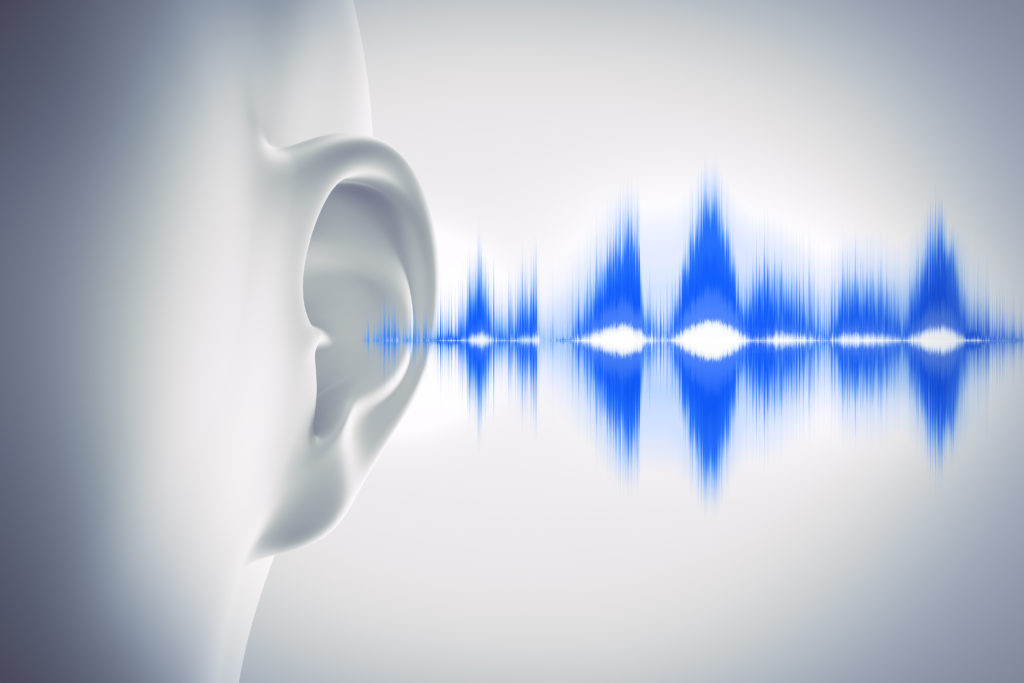How bad is damage to health from noise pollution?

Noise is unwanted sound. With every disturbing noise, the human body goes on alert. It releases stress hormones such as adrenaline and cortisol, the heart beats faster, blood pressure rises and the breathing rate increases.
Besides stress, noise has other direct effects on health, such as
- nervousness, tension
- fatigue, dejection
- Aggressiveness
- High blood pressure
- Cardiovascular diseases
- Disturbance of concentration
- Impairment of performance
- Reduced reading comprehension and long-term memory and motivation in school children
- Difficulty communicating
- Social isolation
Noise levels as low as 40 to 50 decibels at night disturb sleep and cause people to wake up more often. The consequences are drowsiness and reduced alertness and performance the next day.
Children, sick people and people who work shifts and also sleep during the day are particularly exposed.
Quiz question:
At which noise level do we normally wake up at night?
- 10 to 20 decibels
- 20 to 30 decibels
-
40 to 50 decibels
The correct answer is: C. 40 to 50 decibels
Vocabulary:
Dejecton: when you have a sad mood, mostly because you are tired
Cardiovascular disease: when you have heart problems or a high blood pressure
Drowsiness: the first step before you fall asleep. You have a reduced alertness.
This post was written by Rémy, Joel and Mario.
Sources:
Picture link: